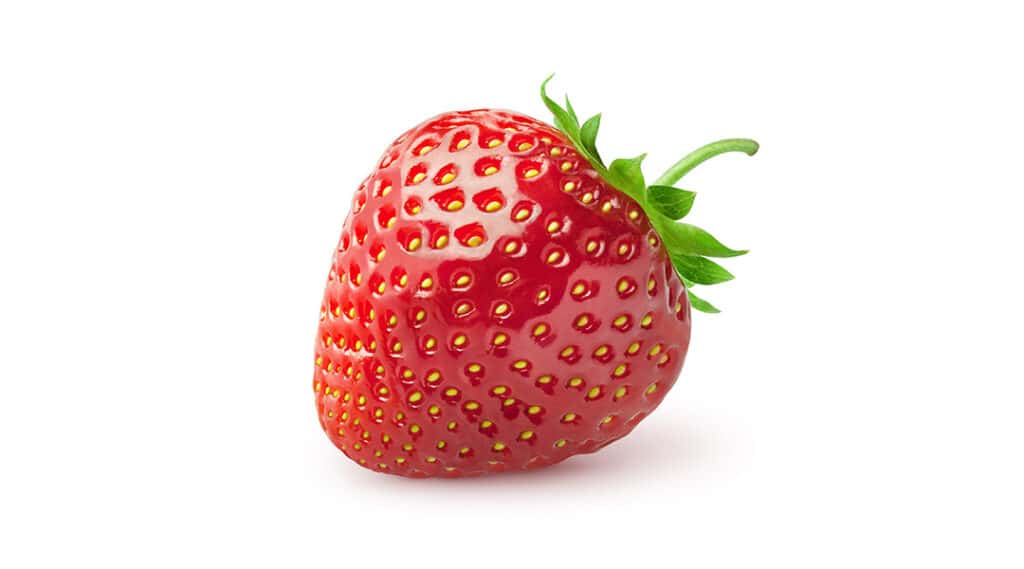Fisetin is a naturally occurring flavonoid found in small amounts in foods such as strawberries, apples, onions, and cucumbers. It has attracted attention in the field of healthy ageing due to its antioxidant, anti-inflammatory, and senotherapeutic properties.
Research has focused on its ability to reduce the burden of senescent cells, which accumulate with age and contribute to chronic inflammation and tissue dysfunction. Most of the evidence to date comes from animal studies or in vitro research, with human trials currently underway.
Benefits:
Reduces cellular senescence – Fisetin has shown senolytic effects in animal models, reducing senescent cells in tissues such as blood vessels, brain, liver, and lungs, potentially improving function and reducing inflammation.
Supports vascular health – In aged mice, fisetin supplementation improved arterial stiffness and endothelial function by reducing senescent cell accumulation (Aging Cell, 2023).
Neuroprotective properties – Fisetin has demonstrated protective effects in Alzheimer’s disease models by reducing amyloid-beta accumulation and improving neuronal markers and oxidative stress (Neurology Letters, 2024; Neuroprotective Fisetin, 2022).
Anti-inflammatory effects – Preclinical studies show fisetin lowers inflammatory markers and may help restore tissue balance disrupted by chronic inflammation (Antioxidants, 2023).
Potential anti-cancer activity – In cell and animal studies, fisetin has been shown to influence cancer-related pathways (e.g. PI3K/Akt, VEGF, MAPK) and may reduce tumour growth in prostate and bladder models (EJMR, 2023; Nutrients, 2021).
Metabolic effects – animal models suggest improvements in insulin sensitivity and fat metabolism, with implications for conditions such as fatty liver and obesity.
Risks:
Generally well tolerated in preclinical studies. No major adverse events were reported in early clinical studies such as the Gulf War Illness trial (Fisetin-GWI, 2021).

